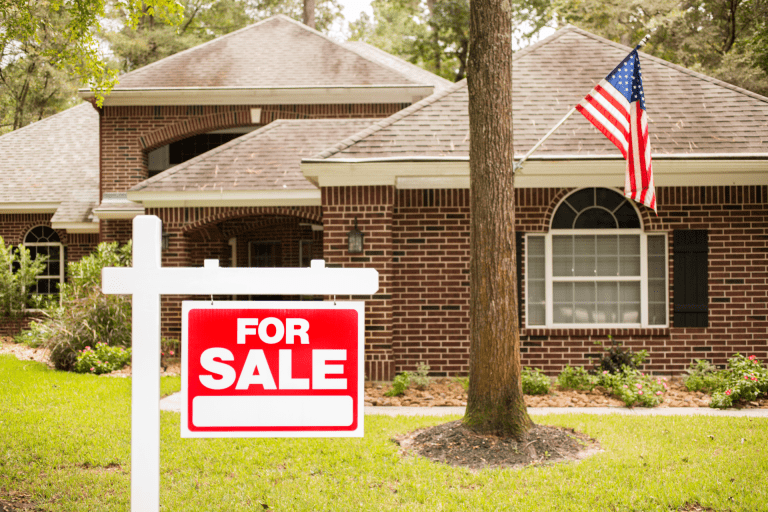Under Florida law, the seller of a residential property must disclose any known facts that materially and adversely affect the property’s value being sold to the buyer. If a material or adverse aspect of the property is not readily observable by the buyer, the seller must disclose it properly.
Is a Florida seller obligated to disclose a defect in a house if it has been repaired? Read on to find out.
Do I Have to Disclose a Defect in a House if it’s Been Repaired in Florida? – Understanding the Seller’s Duty to Disclose
Once an undisclosed defect is revealed after the closing of a residential property sale, the first step is to identify whether the seller was aware of the issue.
Florida law provides that home sellers are required to disclose any property issues that they know to the buyer before closing. However, if the seller does not know about the issue, it is impossible to notify the buyer in time.
If you are selling a house in Florida, make sure to identify any issues affecting the structure and disclose them to the potential buyer. In case the property has been repaired, the best approach is to double-check to determine whether the problem was properly fixed.
Duty to Disclose in Florida Real Estate – Determining the Seller’s Liability After Closing
It is often hard to prove that a seller knew about an issue affecting the property materially or adversely. In such cases, the reliable solution is to seek professional inspection.
A professional inspector will rely on technical equipment and issue a detailed report with photo and video evidence. For instance, an inspection can prove that a wall full of mold was covered by fresh paint or wallpaper in an attempt to cover up the issue.
Additionally, it is fundamental to investigate whether the seller hired any contractors to work on the house within the last year before the transaction. If contractors were employed, the buyer must investigate what services they provided and the standard quality of their services.
With solid evidence of concealment or failure to disclose as required by state law, the seller may be held liable in court for damages suffered from the defects.
Depending on the severity of the defect, the court may order the seller to pay damages. On rare occasions, the court may reverse the property’s sale.
Seller’s Duty to Disclose vs. As Is Contract
An “As Is” contract is a legal agreement in which the buyer accepts to purchase a property as it is, no matter how severe the existing issues might be. It is fundamental to understand that an “As Is” clause serves to waive the seller’s obligation to pay for necessary repairs.
Whether a house is sold “As Is” or using a conventional contract, the seller must disclose any known issues that affect the property materially or adversely. If the buyer agrees to purchase the home “As Is,” the seller is exempt from paying to fix the existing issues.
Waste no Time with Uncertainty – Immediately Contact Jurado & Associates, P.A.
A well-versed real estate lawyer from Jurado & Associates, P.A. is willing to help you today. Call us at (305) 921-0976 or email [email protected] to schedule a consultation.






